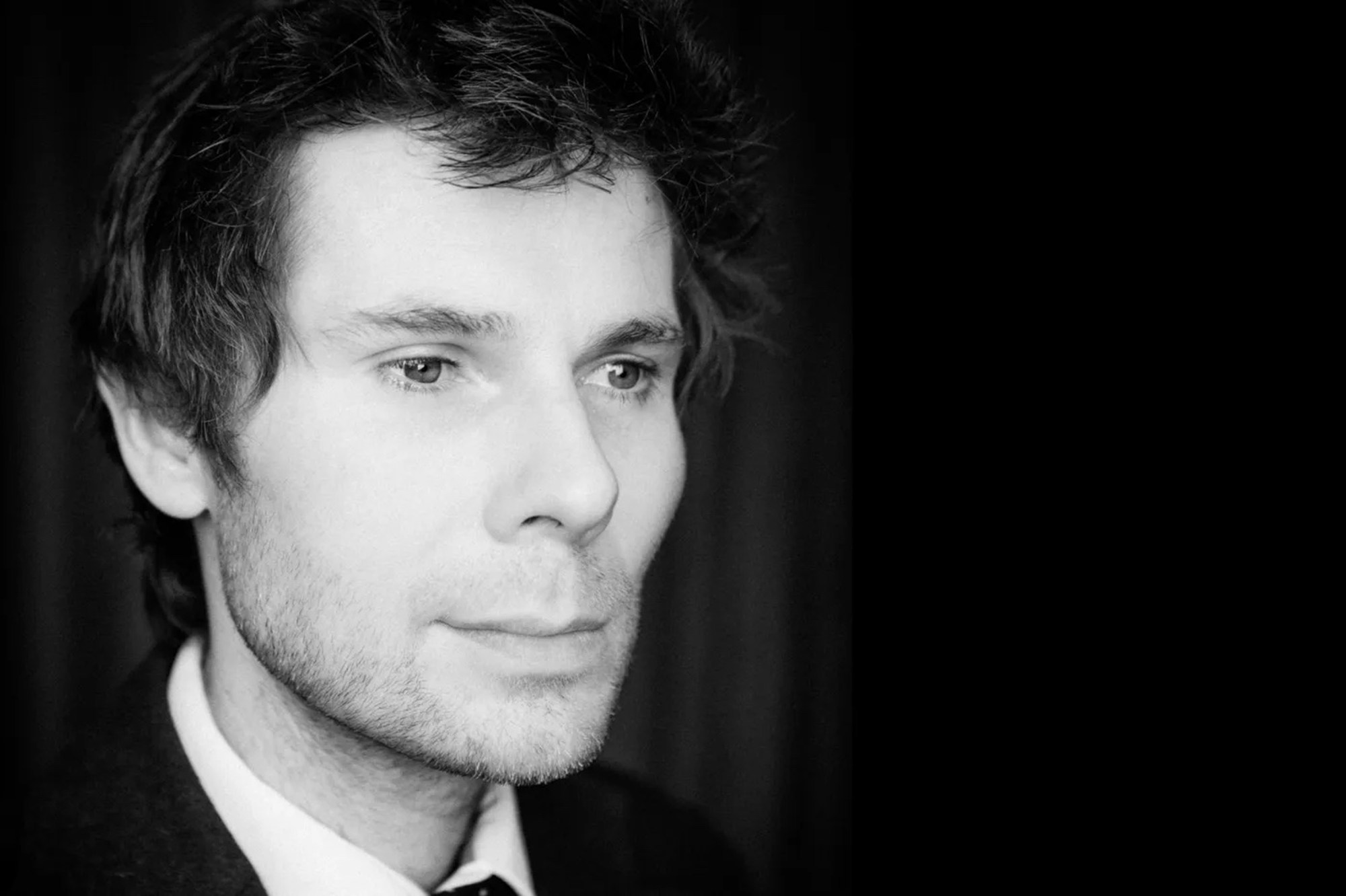
Swiss Lionel Baier: ‘We Do Not Realize How Lucky We Are to Be Free in This City’
For his latest film, Swiss writer-director Lionel Baier adapted the novel “La Cache” (The Safe House) by Christophe Boltanski, an autobiographical comedy-drama about the author’s family when he was a child during the civil unrest in Paris in 1968 . The film played in competition at the Berlin Film Festival where we spoke with Baier about politically charged times and his collaboration with the late French acting icon Michel Blanc.
For people unfamiliar with the Boltanski family, what do audiences need to know about them?
Lionel Baier: In France, Christophe’s uncle Christian Boltanski, who we call ‘little uncle’ in the film, is probably best known because he was an important artist in the ’70s and even in the ’90s and 2000. But the book is really about his family, which even in France is less known. We didn’t know that his father had to hide during the war. I was also familiar with ‘big uncle’ Jean-Élie Boltanski, because I studied linguistic. He died a month ago at age 95 and was quite a famous linguist in the 70s. The complete map of the family was important to me. They represent something about France. It’s a film about France, in a way, through a Jewish family.
Why did you make the connection between the Boltanskis and yourself by becoming the film’s narrator?
That happened at the last moment. We tried several possibilities. At one point the narrator was one of the characters of the film, but it didn’t work. I adapted the book and even though it is not my personal story, there are a lot of connections between Boltanski’s family and mine. His family comes from Odessa and my family comes from Odessa too — but mine lives in Switzerland, his in France, so the experiences where different. For a long time I wanted to make a film that had the Holocaust and Shoah as a theme but I didn’t feel comfortable to make a film about the occupation period in France, reconstructing the time and filming Nazis everywhere. This book has a lot of invisible moments about it, how they behave in daily life, like the fear of the outside. That seemed interesting to me.
Did this approach also make the film more relevant for today?
I began to write the film in 2015, it was a different time than today. However, there was an event which really shocked me in 2014: I saw protesters in Paris saying ‘Jews out of France!’ I never imagined that I would see that in my lifetime. The book came out a year later. I was jogging in Berlin this morning and saw the same European flag here as I do in Paris, which I found totally normal. But we do not realize anymore how lucky we are to be free in this city, that there is no wall. Maybe the film can remind us, that not long ago it was all totally different. And it can pop up at any moment.
What role do the Paris protests of May 1968 play in the story which unfold only in the background?
The protests were in part a reaction by the children of the war generation that nobody talked about that time anymore. Nobody talked about the death camps and Shoah because de Gaulle said that there was no collaboration and everything is all right — the fake news of the time.
Michel Blanc who plays the grandfather, passed away shortly after the film wrapped. What can you tell us about working with him?
I remember sitting in front of the TV with my parents when I was a kid laughing about ‘Les Bronzés,’ in which he starred. Working with him years later was a great gift. He was such a professional, so precise. He said I could ask anything of him, he was at my service and that he took the role because he never played a role like this. I wondered what he meant because he had played so many different characters over his long career. But in the editing room I saw what he meant: he is shy and afraid of everything. There’s an anxiety that translated really well on screen. Even after we wrapped he called to see how it was going and if I needed him for voiceover or something else. I am really sad I couldn’t share this moment with him here. He was such a funny grumpy man. I can imagine him in Berlin complaining about the German food, why nobody is speaking French, that it’s so cold and that he hates the protocol of wearing a tie.
This is your first film working with a composer — actually composers, Swiss siblings Diego, Lionel and Nora Baldenweg. How did that come about?
I always chose one composer and took that music along during the writing process. One time it was Rachmaninoff, one time Gershwin or Shostakovich. For the first time I said to myself, I need something more jazzy for this film and I need to work with musicians, even though I did not even know how to talk to musicians. I heard what the Baldenwegs did for other filmmakers and it was nice to work with them. The first score was really well composed but too much. It was exactly what I had asked, but it was not the film. So we decided together to improvise on that. Layer for layer it was a creative process and they were so open minded about me choosing what I wanted. There was no ego. It was wonderful, a great collaboration. I would do it again.

